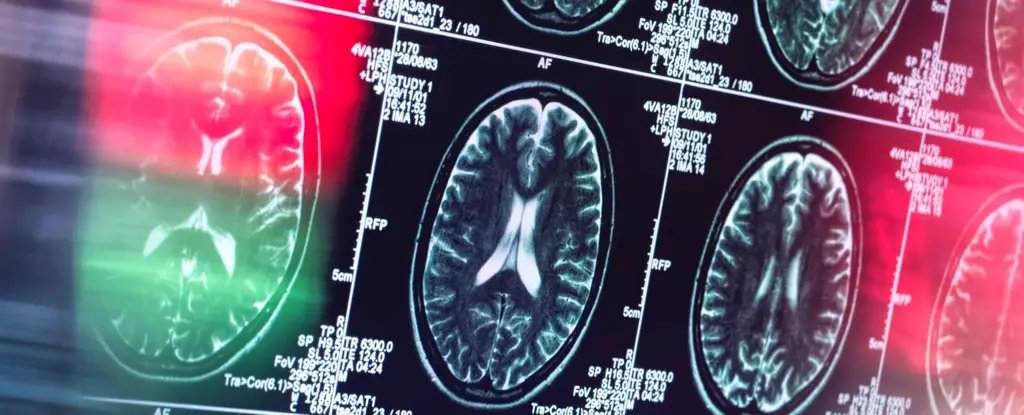The recent study conducted by researchers from Stanford University has shed light on the dysfunctions in two specific brain systems in individuals experiencing psychosis. These systems play a crucial role in filtering attention to important internal and external information, as well as predicting or anticipating rewards. Understanding these dysfunctions is essential in developing effective treatments and interventions for psychosis and its associated mental health conditions.
Psychosis is characterized by disconnections from reality, such as hallucinations and delusions. While it can manifest on its own, it is also a common feature of conditions like schizophrenia and bipolar disorder. Scientists are still striving to comprehend the complexities of these conditions fully. Cognitive neuroscientist Kaustubh Supekar emphasizes the significance of this research in unraveling the development and progression of schizophrenia, a challenging problem that continues to perplex experts in the field.
The research team analyzed brain scans of individuals with various conditions, including autism, ADHD, early psychosis, and 22q11.2 deletion syndrome, which poses an increased risk of psychosis and schizophrenia. By comparing these scans with those of healthy individuals, the team identified differences in brain function. Specifically, they honed in on the anterior insula, a critical component of the salience network that regulates attention, and the ventral striatum, along with related dopamine-driven pathways, which influence the anticipation of rewards.
The study not only confirms previous suspicions regarding the involvement of the salience network in psychosis but also underscores the utility of utilizing the 22q11.2 deletion syndrome as a framework for analyzing symptoms and risk factors associated with psychosis. The differences observed in brain areas related to information filtering and reward prediction were consistent in individuals with 22q11.2 deletion syndrome, as well as those with psychosis of unknown origin.
Implications for Treatment
One potential outcome of this research is the development of targeted treatments based on the identified brain dysfunctions. Treating psychosis has posed challenges due to the difficulty in assessing the effects of different interventions on the brain. However, with a more precise understanding of the brain centers involved, treatments such as transcranial magnetic stimulation and focused ultrasound could be tailored to target these specific areas in individuals at risk of psychosis.
In addition to advancing treatment options, the research team is committed to reducing stigma and enhancing support for individuals with psychosis. The experiences of individuals grappling with a detachment from reality can be daunting, and the distinction between normal and abnormal neurological function is often blurred. Vinod Menon stresses the importance of approaching individuals with psychosis with compassion, emphasizing the need for a supportive and understanding approach.
Overall, the study’s findings offer valuable insights into the underlying brain dysfunctions contributing to psychosis and pave the way for more targeted and compassionate interventions for individuals grappling with this challenging condition.

Leave a Reply